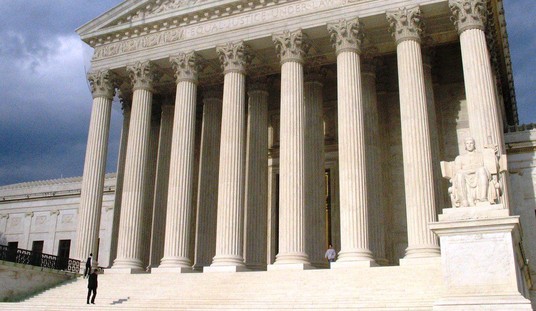More than three dozen House Democrats have signed on to a bill that doesn’t ban AR-15s and other modern sporting rifles outright, but simply ensures that only the wealthiest among us could afford to buy one.
It’s an odd position for uber-lefties like Pramila Jayapal, the Washington Democrat who heads the House Progressive Caucus, but she and other Democrats have apparently decided it’s fine to engage in a little class warfare as long as the outcome results in a gun ban for most Americans.
Virginia Democrat Don Beyer, who is the primary sponsor of the bill, says he’s designed it to be passed as part of a reconciliation package, which means it could be approved by bare majorities in the House and Senate instead of having to overcome a 60-vote filibuster threshold. That doesn’t automatically mean that the bill will be included in any future budget deal, but we’ve already seen Democrats play gun control games with budgetary matters, including trying to insert a federal red flag law for military members into the National Defense Authorization Act late last year. And if Democrats are successful in passing this tax, Americans would almost immediately begin to feel its effects.
The 1,000% tax would apply to military-style “assault weapons” and high-capacity magazines capable of carrying 10 rounds or more, adding thousands of dollars to the final sales price of such guns in a bid to severely restrict their access. The cost of those weapons typically range between $500 and $2,000, depending on location and other variables. That means the plan would add $5,000 and $20,000 to the final price tag.
It would exempt ammunition, along with recreational weapons used for hunting. It also wouldn’t apply to the estimated 20 million AR-15-style weapons legally circulating around the US.
It is a license tax—a flat tax imposed on the exercise of a privilege granted by the Bill of Rights. A state may not impose a charge for the enjoyment of a right granted by the federal constitution.… It is true that the First Amendment, like the commerce clause, draws no distinction between license taxes, fixed sum taxes, and other kinds of taxes. But that is no reason why we should shut our eyes to the nature of the tax and its destructive influence. The power to impose a license tax on the exercise of these freedoms is indeed as potent as the power of censorship which this Court has repeatedly struck down.… And the license tax is fixed in amount and unrelated to the scope of the activities of petitioners or to their realized revenues. It is not a nominal fee imposed as a regulatory measure to defray the expenses of policing the activities in question. It is in no way apportioned. It is a flat license tax levied and collected as a condition to the pursuit of activities whose enjoyment is guaranteed by the First Amendment.Accordingly, it restrains in advance those constitutional liberties of press and religion and inevitably tends to suppress their exercise. That is almost uniformly recognized as the inherent vice and evil of this flat license tax.









